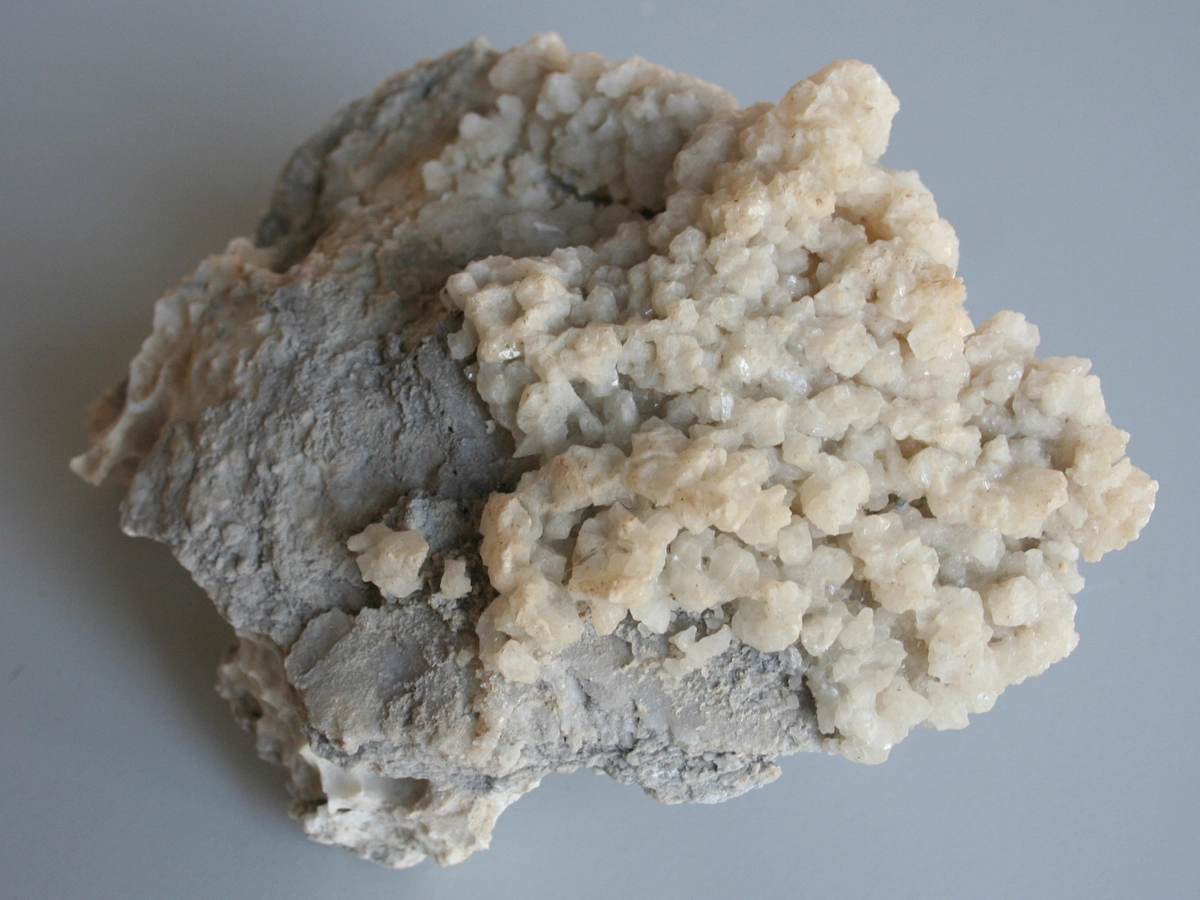Properties of Gypsum
Gypsum is a mineral that is commonly found in nature and has various uses in construction and industry. It is composed of calcium sulfate dihydrate and appears as a soft, white, or colorless mineral. Gypsum is known for its ability to harden when mixed with water, making it a key ingredient in the production of plaster, drywall, and other construction materials.

The following table provides a list of gypsum properties in both SI and US customary/Imperial units at normal temperature and pressure (NTP).
Click on the button to switch between Metric and Imperial units.
| Physical Properties | Metric |
|---|---|
| Density | 2200 - 2320 kg/m3 |
| Mechanical Properties | Metric |
| Compressive Strength | 6.86 MPa |
| Hardness (Mohs) | 2 |
| Thermal Properties | Metric |
| Thermal Conductivity | 0.753 - 1.297 W/m·K |
| Specific Heat Capacity (Cp) | 1025 - 1088 J/kg·K |
| Coefficient of Thermal Expansion (αL) | 1.4×10-5 1/°C |
Unless stated otherwise, all values are taken at room temperature (approximately 20°C or 68°F) and 1 atm pressure. (1 atm = 101,325 Pa)
References: 1) Cardarelli, François. Materials Handbook: A Concise Desktop Reference. Switzerland: Springer International Publishing, 2018. 2) CRC Handbook of Chemistry and Physics, 97th Edition. United Kingdom: CRC Press, 2016-2017. 3) A.M. Howatson, P.G. Lun, J.D. Todd, P.D. Engineering Tables and Data. United Kingdom: University of Oxford, Department of Engineering Science, 2009. 4) Stone: Building Stone, Rock Fill and Armourstone in Construction. United Kingdom: Geological Society, 1999.
